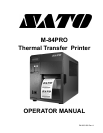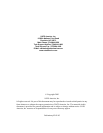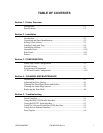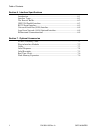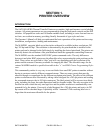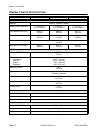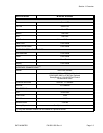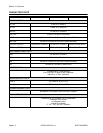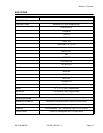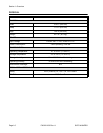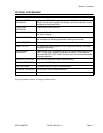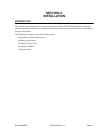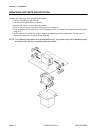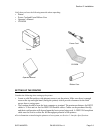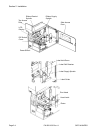
SATO M-84PRO PN 9001105 Rev. A Page 1-1
SECTION 1.
PRINTER OVERVIEW
INTRODUCTION
The SATO M-84PRO Thermal Transfer Printers are complete, high-performance on-site labeling
systems. All printer parameters are user programmable using the front panel controls and the DIP
switches. All popular bar codes and 14 human-readable fonts, including a vector font and two ras-
ter fonts, are resident in memory providing literally thousands of type styles and sizes.
The Operator’s Manual will help you understand the basic operations of the printer such as setup,
installation, configuration, cleaning and maintenance.
The M-84PRO can print labels up to four inches wide and is available in three resolurions; 203
dpi, 305 dpi and 609 dpi. The resolution is determined by the print head that is installed in the
printer and can be changed in the field simply by installing the desired print head. The printer aut-
matically detects the resolution of the print head and loads the appropriate controlling firmware.
The M-84PRO uses the standard SATO RISC printer command codes. The only differences
between it and other RISC printers are the allowable values representing the print positions on the
label. These values are specified in “dots” and will vary depending upon the resolution of the
printer and the amount of memory available for imaging the label. The allowable range for the
various M-84PRO models is specified in a table in the “e” and PRO Printer Programming Refer-
ence.
This commonality makes it very easy to convert labels from one RISC printer to another without
having to create an entirely different command stream. There are some caveats that must be
observed though to compensate for the different resolution print heads. The effect of the different
printer resolutions are best illustrated by taking a label designed for a 203 dpi printer and sending
the command stream to the its 305 dpi counterpart. The label printed will be an exact two-thirds
scale, including the fonts, bar code dimensions and line lengths/widths. The only exception is the
PostNet bar code which has only one legal size and the printer resolution is automatically com-
pensated for by the printer. Conversely, a label designed for a 305 dpi printer and sent to its 203
dpi cousin will be one-third larger. It probably will be “truncated” if the resulting label size is
larger than the maximum allowable for the printer.



